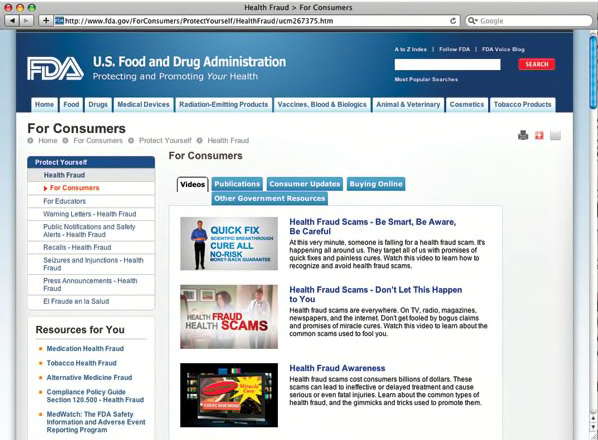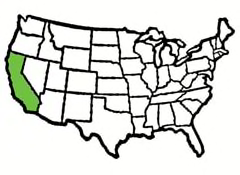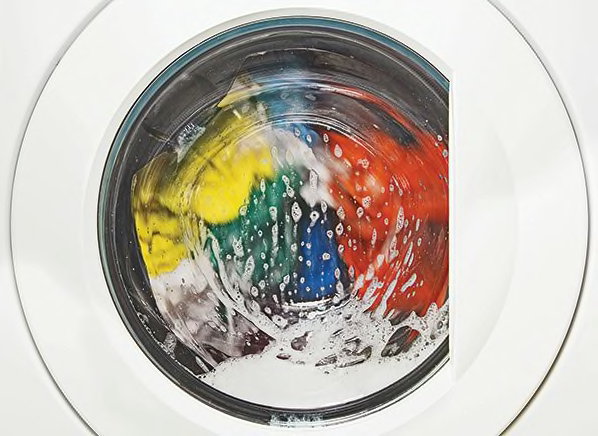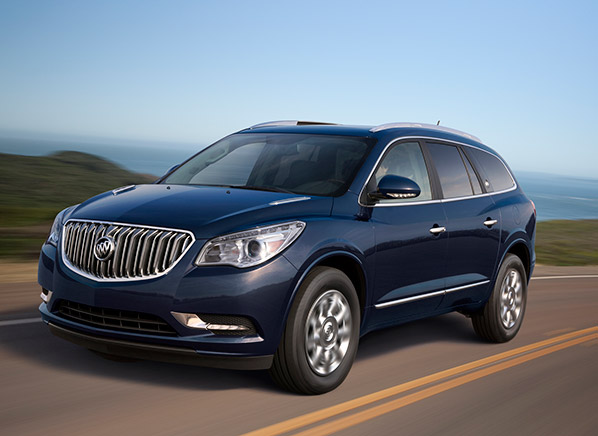Sign In

Menu
Suggested Searches
Recent Searches
Suggested Searches
Product Ratings
Resources
Chat With AskCR
Resources
All Products A-ZThe payment for your account couldn't be processed or you've canceled your account with us.
Re-activateMy account
Sign In
My account
Sign In


The Issue Opponents of new fuel-economy standards are ignoring the evidence and contending that they'll lead to unaffordable, unsafe vehicles.
Our Take We disagree, and we support the standards. Fuel-economy targets set by the government last year bump the required average from 35.5 mpg by 2016 to 54.5 mpg by 2025. Consumers Union just released a report examining the effects that the standards will have on the safety and cost of vehicles. (To download the report and learn more about fuel economy, go to ConsumerReports.org/fuel.) It found that the standards will save consumers thousands of dollars in fuel costs over the life of a vehicle and that safety advances won't be compromised.
The standards are popular with the public and major stakeholders, but opponents will probably continue to try to weaken them—to no avail, we hope. Fuel economy is at an all-time high, and car companies are making innovative, more-efficient vehicles. We advise shoppers to factor in the total cost of owning a vehicle for years, including fuel.
That's the percent of Minnesota lakes that harbor bisphenol A (BPA), according to a study released in May by that state's Pollution Control Agency. The reasons aren't clear. BPA poses risks to the brain and the reproductive and immune systems. It's now banned from baby bottles and sippy cups; Consumers Union wants it out of infant-formula and other food cans, and register receipts.

The Food and Drug Administration has a handy online resource to help educate consumers about health-related scams that can waste money, lead to delays in getting proper diagnosis and treatment, and even cause serious injuries. The consumer-friendly site has a range of resources to evaluate products and treatments that claim to prevent, treat, or cure health conditions but have not been proved safe and effective for those uses.

People in certain California cities may be getting a raw deal. Los Angeles, Oakland, and Richmond are in the process of issuing prepaid debit cards. That may help people who don't have bank accounts, but the cards come with steep charges and don't have the same guaranteed federal protections that accompany traditional debit cards.
Oakland's municipal ID card, coupled with a prepaid card, for example, costs consumers a $2.99 monthly fee, 75 cents per transaction up to $12.50 a month, $1.75 to call customer service, $1.50 at an in-network ATM, and $1 to load money onto the card at Western Union.
Consumers Union is calling on municipalities to make card fees fair and transparent and to provide strong protections against mistakes and fraud.
 WASHING MACHINE REVIEWS
WASHING MACHINE REVIEWS GENERATOR REVIEWS
GENERATOR REVIEWS
 Build & Buy Car Buying Service
Build & Buy Car Buying Service
Save thousands off MSRP with upfront dealer pricing information and a transparent car buying experience.
 Get Ratings on the go and compare
Get Ratings on the go and compare
while you shop

